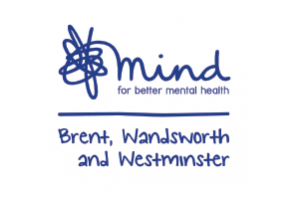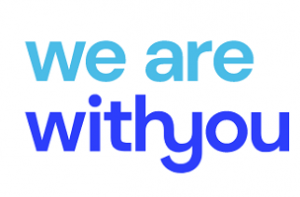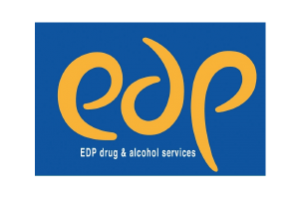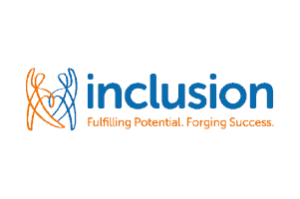Despite being an integral requirement for delivering health and social care agendas, staff often feel ill-equipped to work with individuals who have experienced trauma.
There is a common assumption that in order to identify, and work with, those who have suffered trauma, practitioners need to be mental health specialists. As a result, clients who could otherwise receive a more holistic service are referred on to other ‘specialist’ organisations.
In reality, trauma is an area that service users can absolutely explore with the practitioners they have already built a rapport with, as long as staff teams feel confident and knowledgeable enough to deliver trauma-sensitive interventions.
Vital Signs has developed an evidence-based training programme to ensure that staff with no prior knowledge of working with trauma can develop the skills to provide better support to clients with specific needs relating to trauma. In addition, our training ensures staff work through modules which directly align with the expectations of current behavioural health and social care agendas.











